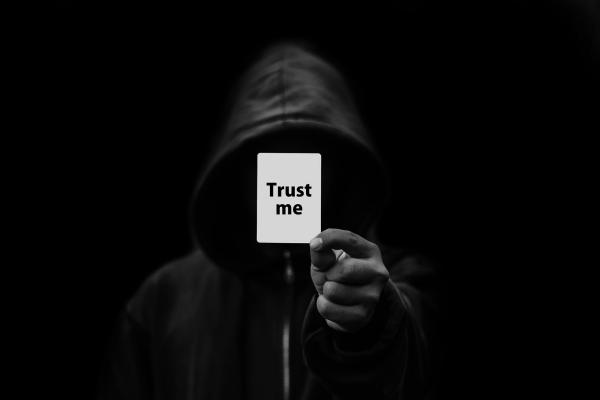Pew surveyed 4,464 adults in January 2019, asking
- Could you count on scientists to perform their jobs with competence
- Show care or concern for the public
- Present their findings or recommendations in a fair and accurate way.
- Was scientific misconduct a problem
- Were scientists open about potential conflicts of interest
- Were they accountable for mistakes
 Overall, trust in scientists was on the rise. Of course, this poll from 2019 may be old news; there have been a lot of trust issues since then. But I take heart in the finding that trust in scientists was nearly three-fold greater than in politicians – individuals which, by the way, we select and elect.
Overall, trust in scientists was on the rise. Of course, this poll from 2019 may be old news; there have been a lot of trust issues since then. But I take heart in the finding that trust in scientists was nearly three-fold greater than in politicians – individuals which, by the way, we select and elect.
Even then, there was a political divide, with Democrats putting more faith in scientists to be involved in policy decisions and making judgments based on facts. The Republicans, not so much. As one of our Advisors pointed out, George Santos was appointed to the House Committee on Science, Space, and Technology. So there’s that.
Roughly a quarter to half of us believe that scientific misconduct is alive and well and that there are few consequences for the scientists when “caught.” Of even greater concern is that 80% of us are concerned that  scientists are not entirely transparent about conflicts of interest. Finally, Americans seem to trust practitioners more than researchers. In the medical field, half of the respondents felt that physicians could provide fair and accurate information, academics about 38%.
scientists are not entirely transparent about conflicts of interest. Finally, Americans seem to trust practitioners more than researchers. In the medical field, half of the respondents felt that physicians could provide fair and accurate information, academics about 38%.
The poll also asked participants a series of 11 questions on science. As it turns out, those with greater scientific knowledge, Democrat or Republican, had greater trust in scientists and the scientific method. But once again, the Dunning-Kruger effect is in full force. Our self-reported familiarity with scientists is far greater than our scientific knowledge. – when limited knowledge or competence is coupled with overestimating those qualities.
Source: Trust and Mistrust in American’s View of Scientific Experts Pew Research Center





